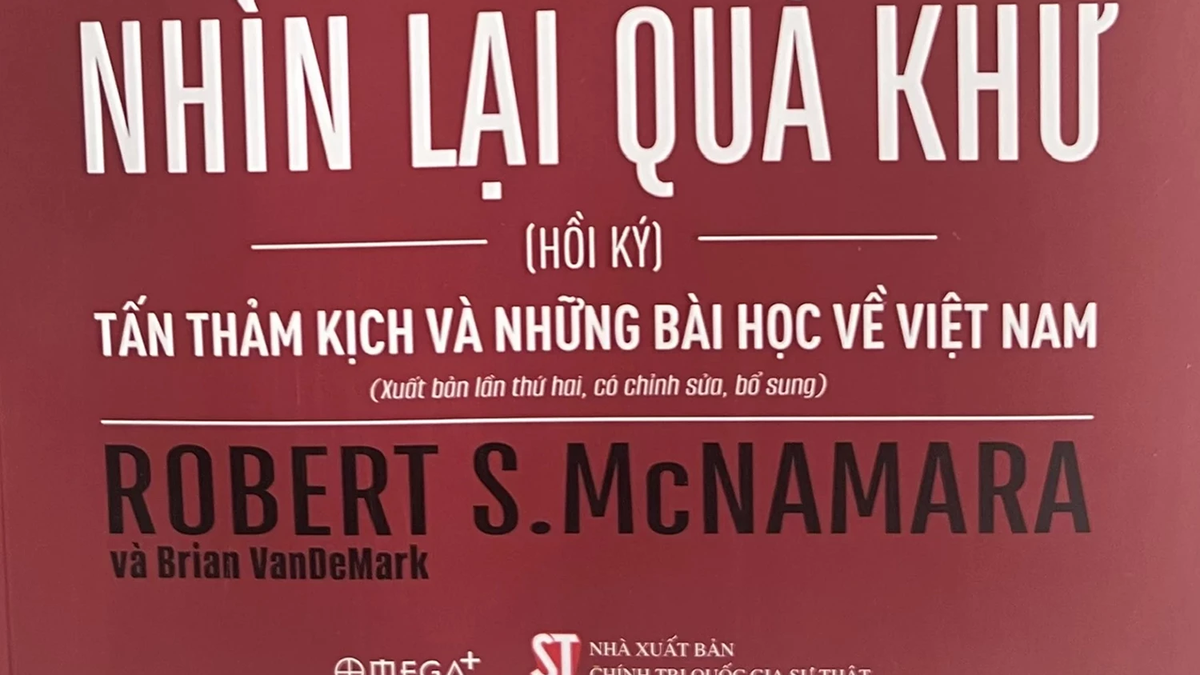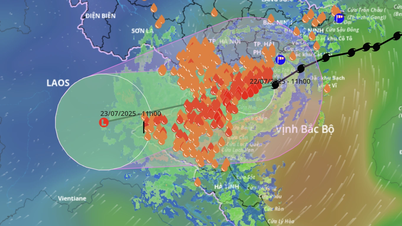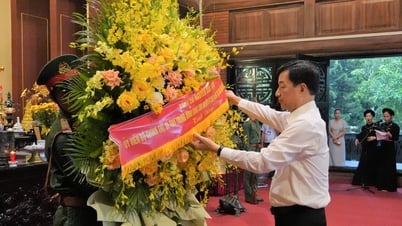"Night Harmony" is such a beautiful name. And how impressive it is when we understand that this is an artistic publication of a "musician who writes poetry"!
 |
The collection of poems is divided into 3 parts: A little spider web, Passionate words of love, Silent words of love...
I pay special attention to the "little spider web", in the fragile feeling imbued with the poet's quality with a frugal writing style, holding back ideas but containing great things. Is it true that at the age of 80, with one hand playing the instrument and one hand writing the "night harmony" to resonate passionately, the poet had to undergo a "marriage ceremony" in a poetic ceremony? Yes, that means the poet holds the "poetry ring" and puts it on his musical finger in the "Love Mass ", so that his "naturally gifted" children can be born. And when born, those children, that is, those marriage works, always rise up among the people with excellent melodies. Now those melodies are the "Deep Melody" for a talented and beautiful life of Truong Tuyet Mai - a person known as multi-faceted, multi-talented, multi-faceted, and multi-faceted...
That's why she wrote "Night Harmony": "The sound of leaves in the yard/ rustling in the wind/ lonely and sad feelings/ stirring someone's heart..." .
Yes, the sound of a falling leaf is also startling and precise, it awakens the artist's deep "hearing". For example, in the Buddhist scriptures, it is taught that humans have six senses, namely eyes - ears - nose - tongue - body - mind, corresponding to form, sound, smell, taste, touch and dharma, then hearing (ear consciousness) is second in the six senses. It helps us understand that the artist listens to what is heard in poetry, music and painting. The talent here is that she can "hear" the sound of leaves. Because in the sound of leaves there are poetic rhythms, vibrating into a unique melody called "music". Then "wind blowing", then "lonely cold"..., each has its own color that only the senses can draw into a work of art. From that meditative listening, we can realize that in "listening and seeing", that is, when we see the leaf falling, when the "wind blows rustling", its face (the leaf that appears) will suffer so much, so that poetry can find the meaning of multi-facetedness, that is, the woman who has many worldly debts...
Luckily for us, the fate here is the fate of connecting with the highest form of human art. Poetry, music and painting are those multifaceted things, making us unable to separate ourselves and unable to escape from their coverage even if we want to.
So "Night Harmony" has many levels. Understood in a normal way, it is a harmony in the night. Understood in an artistic way, it is the "Melody of Life"... of a person with extraordinary talent!
Musician - poet Truong Tuyet Mai is that talented person, whom we talk about today as Voltaire felt: "Poetry is the music of the soul, especially the noble and sensitive souls". To identify the sensitivity in Truong Tuyet Mai's poetry, there is nothing better than the poetic words she wrote for life: "I vaguely transform into life/ naked/ Melting with the moon" . That sentence shows us that the muse has lived her life to the fullest, melted her whole self, to blend into all things. That melting, that blending has created the yeast: "There is the sound of a strange bird/ Chirping in the garden/ It sounds so pure/ The yeast awakens my soul...". That yeast is that love, which has seduced the poet to look "out there": "Out there/ out there/ A soft, passionate call/ Gently humming/ Filled with my love...".
Indeed, with that immense and overflowing love, the poet heard an extremely profound saying, containing immense "meditation" through the second character, besides her and the falling leaf: "The afternoon wind blew / Yellow leaves fell / My mother suddenly stopped her broom / She whispered: "It's only natural"...
"It's only natural" is a consciousness that brings her back to peace of mind. People often say that happiness is peace of mind. That meditation (meditation is also life) helps her dry her tears, and then realize that "the pillow every night has no more tears" like this verse: "The sun pours through the window/ dancing on the soft pillow/ my pillow has no tears/ why do I need the sun to dry it?" . No more tears does not mean no more love. On the contrary, according to Buddhism, we must love even more, as Trinh Cong Son said: "One day, my heart suddenly became unexpectedly compassionate", then unexpected compassion is Truong Tuyet Mai's feeling that in "Collecting Leaves" she wrote: "Thank you for giving me the skewer/ to clean the garden/ so I don't have to bend down to sweep the leaves/ but oh dear, the skewer is too sharp/ every time I skewer a leaf breaks, it hurts...".
The poem is beautiful in the structure "broken leaves are sad". Broken leaves or is my heart broken, is the question the poet leaves to the reader. As for me, I would like to elevate this sadness to the unexpected "compassion" as Trinh's music wrote. But deep down, I have the feeling that Truong Tuyet Mai often walks like a verse in a repentance ritual, she contemplates life that: "Knowing it cannot be greener/ Leaves let themselves go/ Carefree/ Fall...". The falling is so light as nothing, because the time has come "That day will come" in the verse of witness of "Night Harmony" that: "That day will come"/ I sit alone, dreaming/ among thousands of passionate sounds/ But I can no longer fly up...".
In that sad elegy, Truong Tuyet Mai calmly walked through the dream dyed with the color of night, a color of lonely sadness. And her poetry conveyed to me a whispering loneliness, like a prayer that penetrated the life of a person, which the person with "glass eyes" lived and wrote as a premonition of the new source of light that poetry brings: "I suddenly realized the simplicity/ wherever the light is directed, there it sparkles...".
Finally, I realized that the musician's soul in the poet's soul in Truong Tuyet Mai is a "stone instrument", always resounding with melodies to continue the mystery of fate and the mystery of pain...
Source: http://baolamdong.vn/van-hoa-nghe-thuat/202408/niem-khuc-tram-tu-coi-hon-thi-si-2c70109/






































































































Comment (0)